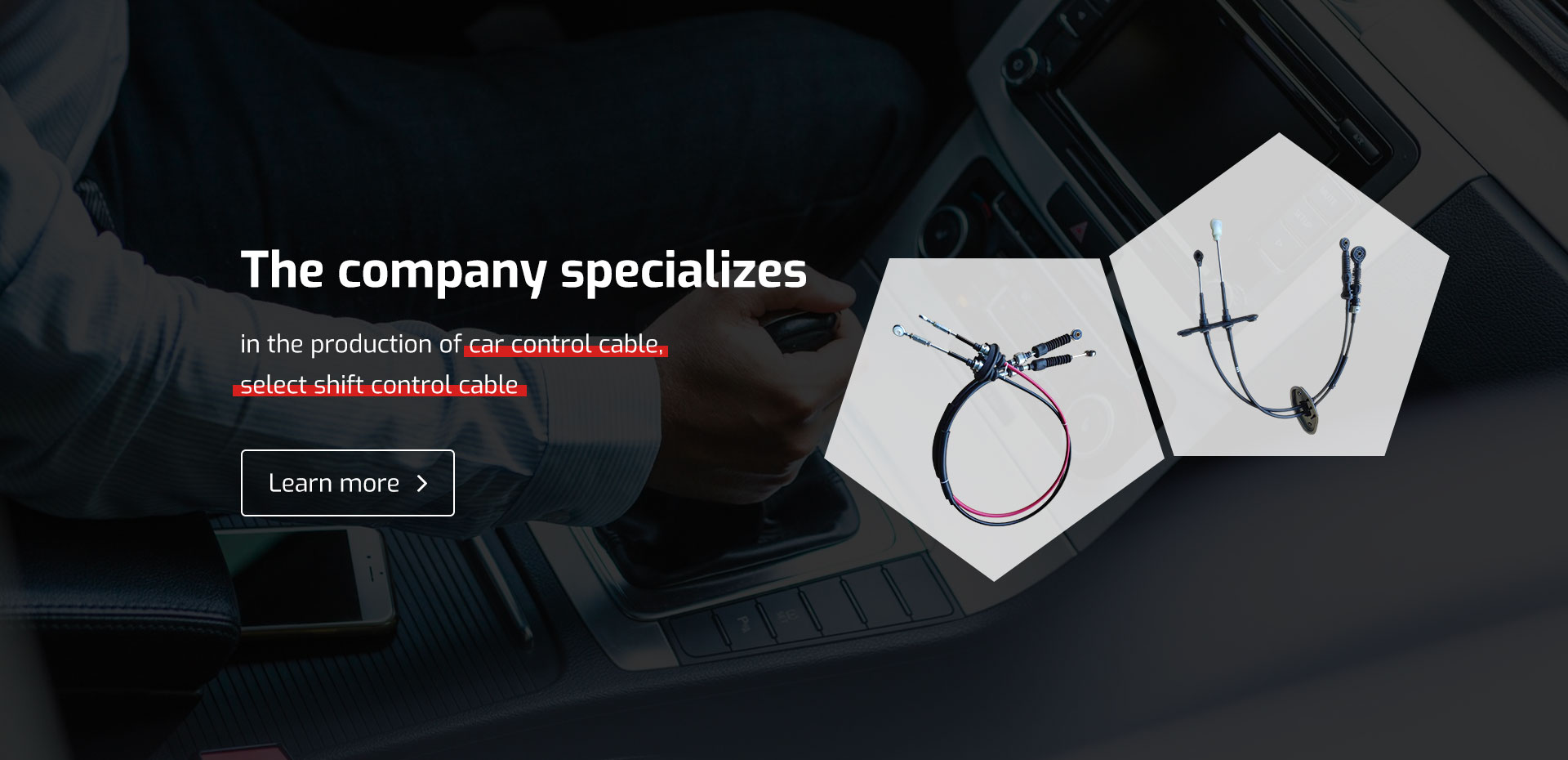Hydraulic Clutch Line - Performance and Reliability for Your Vehicle
Understanding Hydraulic Clutch Lines Function and Importance
Hydraulic clutch lines are essential components within a vehicle's clutch system, facilitating the transmission of force from the clutch pedal to the clutch assembly. This process allows drivers to engage and disengage the clutch smoothly, enabling seamless gear shifts. Understanding the role of hydraulic clutch lines can enhance your appreciation for automotive engineering and maintenance.
At its core, the hydraulic clutch system operates based on Pascal’s principle, which states that pressure applied to a confined fluid is transmitted undiminished in all directions. When a driver presses the clutch pedal, hydraulic fluid is forced through the clutch line to the slave cylinder, which then activates the clutch. This hydraulic mechanism offers several advantages over traditional mechanical systems, including reduced pedal effort and improved response times.
The hydraulic clutch line itself typically consists of flexible tubing or hoses that are designed to withstand high pressure
. These lines are often made from durable materials like rubber or synthetic compounds, reinforced with braided steel to prevent bursting. Due to the hydraulic fluid's corrosive properties, the interiors of these lines are carefully constructed to minimize wear and tear, extending the system's life span.hydraulic clutch line

Maintaining the integrity of the hydraulic clutch line is crucial for optimal performance. Common issues that can arise include leaks, air contamination, and wear. A leak in the clutch line can lead to a loss of hydraulic pressure, making it difficult or impossible to disengage the clutch. Similarly, if air bubbles enter the system, they can compress and lead to a spongy clutch pedal feel, compromising the driver's control over the vehicle.
Regular inspections and maintenance are key to ensuring the hydraulic clutch system remains in good working condition. Routine checks should involve visual inspections of the clutch line for any signs of damage or leakage, as well as ensuring the fluid level is adequate and the fluid itself is free of contamination. If any issues are detected, it is advisable to address them promptly, either by replacing the damaged line or bleeding the system to remove air bubbles.
In summary, hydraulic clutch lines play a pivotal role in the functionality and reliability of a vehicle's clutch system. Understanding how these lines work and the potential problems that can arise helps drivers maintain their vehicles more effectively. By prioritizing regular maintenance and addressing any issues promptly, drivers can enjoy smoother gear transitions and enhanced driving experiences.
-
Upgrade Your Vehicle with High-Quality Handbrake CablesNewsNov.01,2024
-
Optimize Your Bike's Performance with Quality CablesNewsNov.01,2024
-
Enhance Your Vehicle's Performance with Quality Clutch ComponentsNewsNov.01,2024
-
Elevate Your Vehicle's Performance with Quality Throttle CablesNewsNov.01,2024
-
Elevate Your Vehicle's Performance with Quality CablesNewsNov.01,2024
-
Affordable Solutions for Your Cable NeedsNewsNov.01,2024
